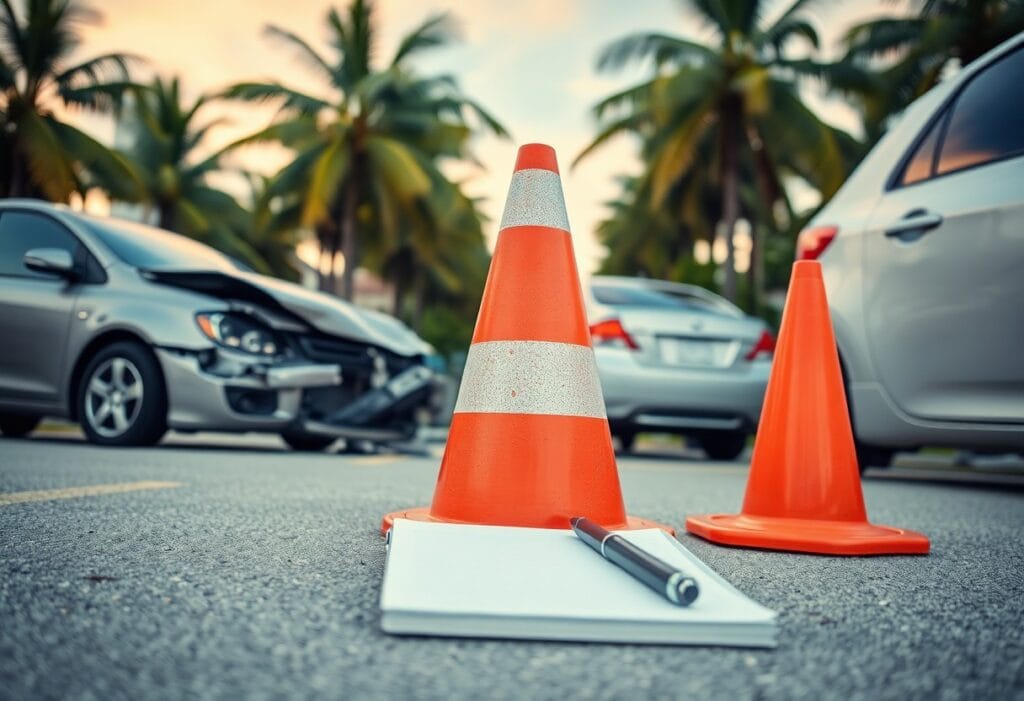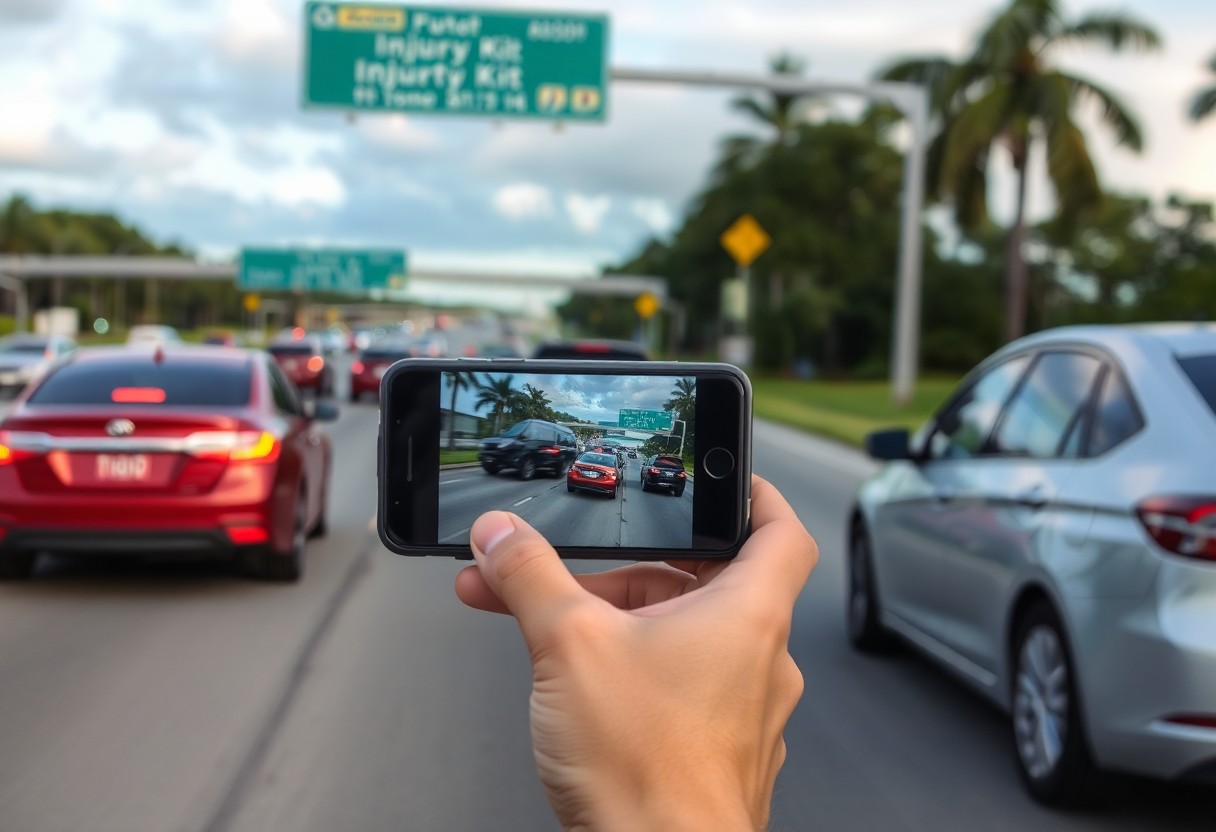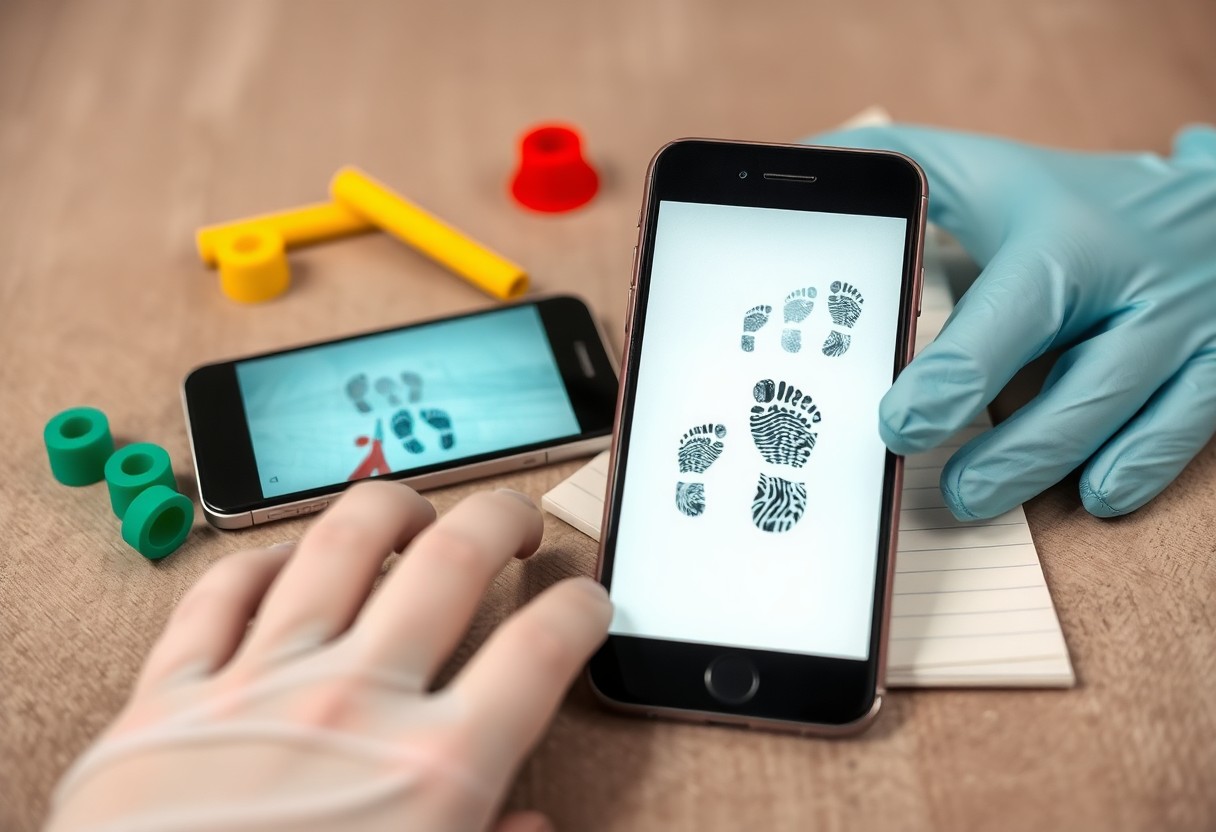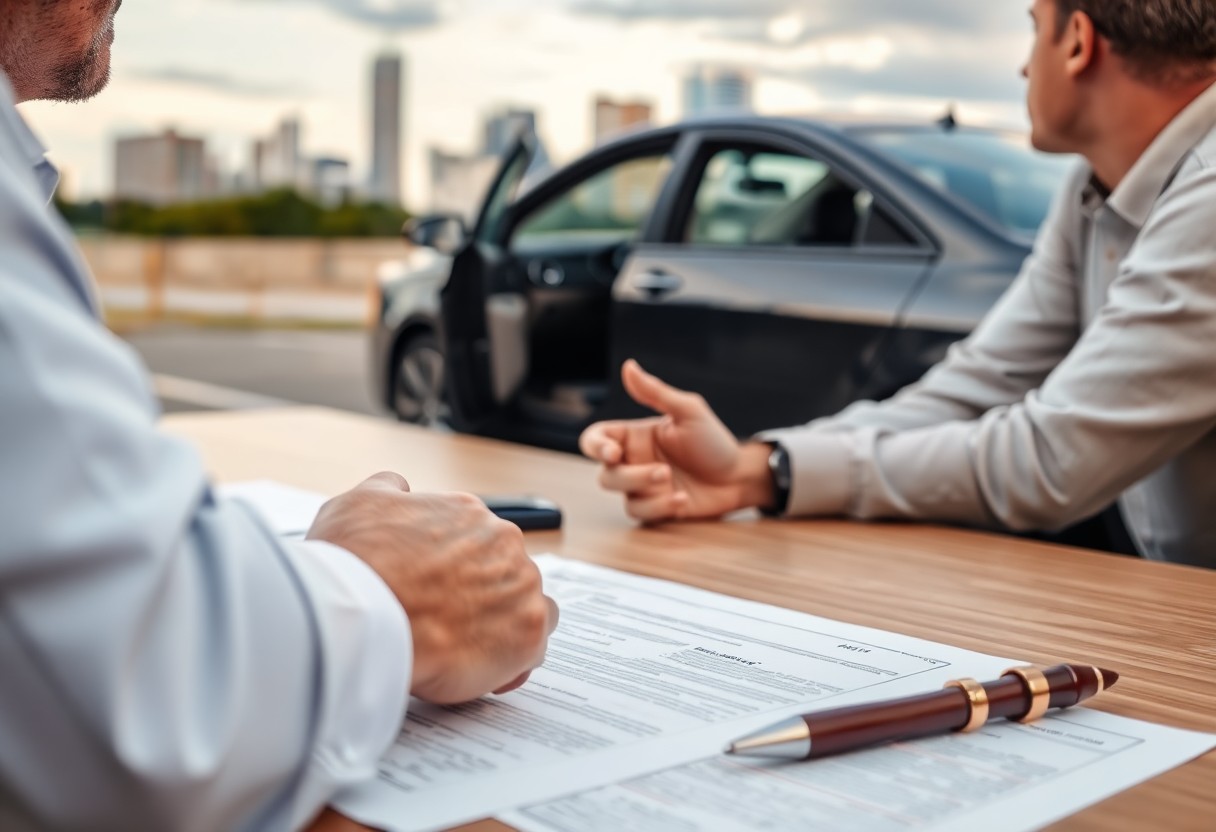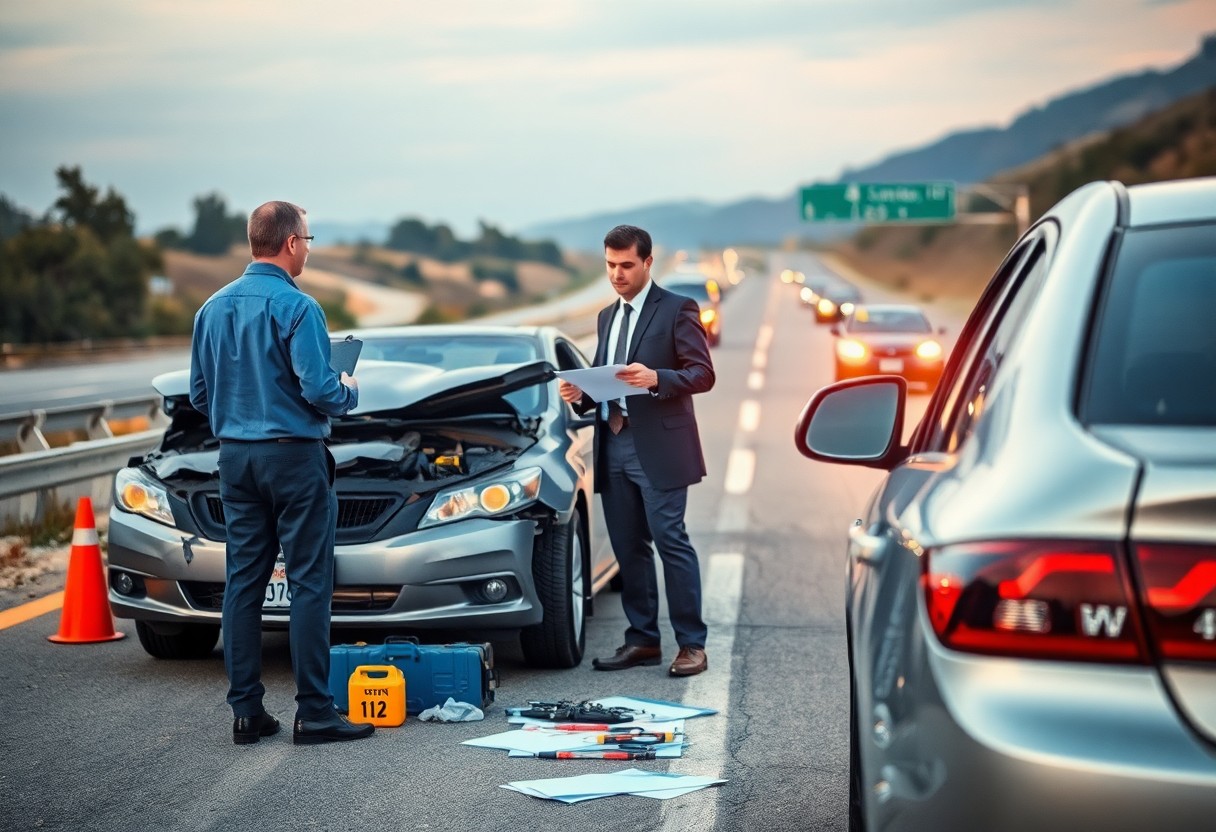Just a moment can change everything when you’re involved in a car accident. Your health and safety are paramount, and taking the right steps immediately after the crash can greatly influence the outcome of any legal or insurance processes that follow. This guide will provide you with crucial actions to take, so you can navigate the aftermath of a collision with confidence and clarity, ensuring that your rights are protected and you receive any compensation you are entitled to.
Immediate Steps After a Car Accident
Your priority after a car accident is to ensure everyone’s safety and check for any injuries. Move your vehicle to a safe location if possible, turning on your hazard lights to alert other drivers. Conduct a quick assessment of yourself and passengers to identify any visible injuries. If anyone requires medical assistance, don’t hesitate to call for help. It’s always better to be cautious and protect your well-being first.
Ensuring Safety and Checking for Injuries
While attending to the immediate aftermath of a car accident, your first step should be to assess your surroundings for safety. If you or your vehicle is in a hazardous location, aim to relocate to a safer area. Check for injuries in yourself and others involved. If you spot any serious injuries, avoid moving the injured unless they are in immediate danger, as it could exacerbate their condition.
Calling Emergency Services and Law Enforcement
Emergency services should be contacted as soon as you ascertain that everyone is safe. Having trained professionals on the scene can facilitate medical assistance and alleviate any danger. Additionally, it’s vital to alert law enforcement to document the incident properly; this information can significantly aid your case later on.
With every passing moment after a car accident, your safety and the welfare of others remain the priority. When you initiate the call for emergency services, ensure you provide all necessary details, such as the location, nature of injuries, and any apparent hazards. Having police officers on-site not only ensures medical help arrives, but also aids in creating an official report that is significant for insurance claims and any potential legal actions. Take this step seriously, as it could impact your situation moving forward.
Gathering Essential Information
Some key steps to take after a car accident involve gathering crucial information. This helps establish the facts surrounding the incident, which can be vital if you decide to pursue legal action. Ensure you obtain details such as names, contact information, insurance details, and vehicle identification numbers from all parties involved, as this information will be crucial for any insurance claims or legal proceedings that follow.
Exchange of Details with Other Parties
Even if the crash was minor, it’s important to exchange information with the other drivers involved. This includes sharing your name, phone number, insurance company, and policy number. Collecting this information will assist you in filing your claim and facilitate communication with their insurance company if needed.
Collecting Evidence from the Scene
Now is the time to gather evidence from the scene of the accident. Documenting details can significantly support your case later on, particularly if you encounter disputes over the incident’s circumstances.
The evidence you collect should include taking photographs of the accident scene, vehicle damages, road conditions, and any relevant traffic signs or signals. Additionally, witness statements and their contact information can provide invaluable support for your claim. If possible, obtain a copy of the police report, as it contains official documentation of the incident. All this information acts as a strong foundation for building your case and helps clarify the details surrounding the accident.
Understanding the Types of Car Accidents and Liability
You should familiarize yourself with the various types of car accidents and the associated liability issues. Different incidents can significantly affect how fault is determined. Here’s a breakdown:
| Type of Accident | Liability Insights |
|---|---|
| Rear-End Collisions | Generally, the rear driver is at fault. |
| Side-Impact Crashes | Involves more complex liability, depending on right-of-way. |
| Head-On Collisions | Typically one driver is liable for unsafe driving. |
| Single Vehicle Accidents | The driver is usually liable unless a defect or hazard is present. |
| Multi-Vehicle Pile-Ups | Liability may be shared among multiple parties. |
Thou should track all details carefully, as they are vital for your case.
Common Types of Car Accidents in Miami
Even in bustling Miami, various types of car accidents occur regularly. Familiarizing yourself with these incidents can help you navigate the aftermath. Here’s a concise list:
- Traffic Collisions: Can involve multiple vehicles.
- Pedestrian Incidents: Involve drivers and pedestrians.
- Bicycle Accidents: Often due to lack of cycling lanes.
- Hit-and-Run: Involves a driver fleeing the scene.
- Parking Lot Incidents: Often minor but still significant.
| Type of Accident | Prevalence in Miami |
|---|---|
| Traffic Collisions | High occurrence in urban areas. |
| Pedestrian Incidents | Significant due to tourist foot traffic. |
| Bicycle Accidents | increasingly common as cycling grows. |
| Hit-and-Run | Disturbingly frequent, complicating recovery. |
| Parking Lot Incidents | Common in busy commercial areas. |
After understanding these categories, you’ll be better prepared.
Determining Fault and Liability Factors
Some important factors come into play when determining fault after a car accident. Evaluating these elements helps establish liability. The main factors include:
- Driving Behavior: Speeding or reckless actions.
- Traffic Violations: Running red lights, for example.
- Witness Accounts: Eyewitness testimony can clarify the sequence of events.
- Police Reports: Official documentation can influence liability findings.
- Insurance Negotiations: Offers from competing insurance companies can affect how liability is perceived.
Assume that every small detail contributes to the overarching narrative of the incident.
Understanding the various aspects of determining fault and liability is imperative. Causation, and whether someone was acting * negligently* or *carelessly*, will heavily influence outcomes in potential claims. Factors such as adherence to traffic laws and the presence of any witnesses play significant roles. Your ability to pull together a compelling argument about liability lays the groundwork for any claims you may pursue. Assume that every angle matters.
Step-by-Step Guide to Filing an Insurance Claim
To effectively navigate the insurance claim process after a car crash, follow these necessary steps:
| Step | Description |
|---|---|
| 1. Gather Documentation | Collect all accident-related documents, including police reports and medical records. |
| 2. Notify Your Insurance Provider | Contact your insurance company as soon as possible to report the accident. |
| 3. File the Claim | Submit your claim along with the necessary documentation to your insurance provider. |
| 4. Negotiating a Fair Settlement | Discuss your claim and potential settlement amounts with your insurer. |
| 5. Review and Accept | Carefully evaluate the settlement offer before accepting it. |
Notifying Your Insurance Provider
If you have been involved in a car accident, you should contact your insurance provider without delay. Provide them with all the necessary details regarding the accident, including date, time, location, and other parties involved. Prompt notification helps facilitate a smoother claims process and can prevent complications down the line.
Negotiating a Fair Settlement
Guide your negotiations by understanding what compensation you deserve based on the damages sustained. Be prepared to present your documentation and justify your claim.
Filing a claim is about more than just reporting the incident; it also involves negotiating for a settlement that aligns with your injuries and losses. Be assertive in discussions and consider all medical expenses and lost wages while negotiating. An inadequate settlement could leave you financially strained; thus, it’s necessary you secure a fair agreement that accurately reflects your damages.
Legal Considerations and When to Contact a Lawyer
Unlike many other situations, a car accident can involve complex legal challenges that you may not be prepared to handle on your own. If you find yourself unsure of your rights or facing significant medical bills, it’s wise to consult a lawyer who specializes in car accidents. Their expertise can help navigate the intricate legal landscape and ensure that you take the appropriate steps to protect your interests.
Factors That May Require Legal Assistance
That said, certain circumstances often necessitate legal help after an accident, including:
- Your injuries require extensive medical treatment
- Liability is disputed between parties
- You encounter insurance difficulties
- The accident involved multiple vehicles
- Police reports indicate criminal behavior
- You’re facing long-term effects from the accident
The decision to seek legal counsel can provide you with valuable guidance and potentially favorable outcomes.
Pros and Cons of Hiring a Car Accident Lawyer
Hiring a car accident lawyer can significantly impact your recovery and the outcome of your case. Here are some important aspects to consider:
| Pros | Cons |
|---|---|
| Increased chances of fair compensation | Lawyers may require a contingency fee |
| Expertise in handling complex cases | Potential for drawn-out negotiation processes |
| Less stress for you during recovery | You may feel pressure to settle quickly |
| Access to resources for building your case | Trust is crucial, and choosing the wrong lawyer can hamper your case |
| Navigating legal complexities | Limitations on communication with the other party |
Contacting a car accident lawyer can lead to a more structured approach to your case and ensure that you follow the right legal channels. Weighing these pros and cons will help you make an informed decision on whether to seek support.
Contact a lawyer to explore how their expertise can serve you during this challenging time. With proper legal representation, you can maximize your potential compensation while minimizing the stress of navigating the aftermath alone.
Tips for Protecting Your Rights and Maximizing Compensation
Not losing track of the following vital steps can significantly enhance your chances of receiving fair compensation after a crash:
- Seek immediate medical attention
- Document the accident scene thoroughly
- Contact a skilled car accident lawyer
- Do not admit fault or communicate with insurance adjusters directly
- Keep track of all expenses related to the accident
The steps you take immediately after an accident can shape the outcome of your potential claim.
Common Mistakes to Avoid After an Accident
With the chaos following a car accident, it’s easy to make mistakes that can harm your case. Avoid discussing details of the crash publicly or on social media to prevent misinterpretation. Additionally, failing to collect and preserve evidence like photos, witness statements, and medical reports can weaken your claim. It’s important to refrain from signing any documents without consulting your lawyer, as it can inadvertently waive your rights.
Best Practices for Strengthening Your Claim
Claim your rightful compensation by following important practices that can bolster your case after an accident. Keep a detailed record of your medical treatments and expenses, as well as lost wages and any pain and suffering caused. Maintain open lines of communication with your lawyer and promptly provide all necessary documentation to avoid delays.
Maximizing your claim involves not just collecting evidence but also establishing a compelling narrative surrounding the accident. Gather and organize medical records, witness statements, and police reports that accurately depict the events leading to the crash. Working closely with your car accident attorney can help pinpoint the full extent of damages you may be entitled to, such as future medical expenses and the impact on your quality of life, ensuring you are fully equipped to fight for the compensation you deserve.
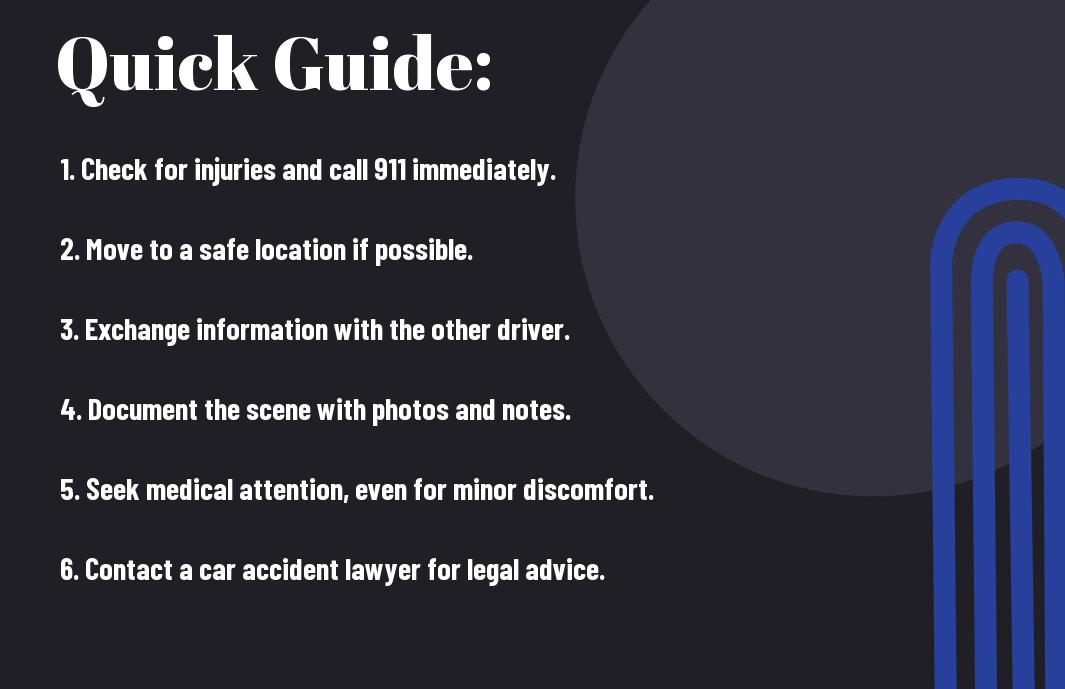
Final Words
With these considerations, you can effectively navigate the aftermath of a car accident. Prioritize your safety and health, gather necessary information, and document the incident thoroughly. If you face challenges in pursuing compensation, consulting a skilled car accident lawyer in Miami can significantly enhance your understanding of your rights and options. Your proactive approach will help you manage the situation and seek the justice you deserve.


